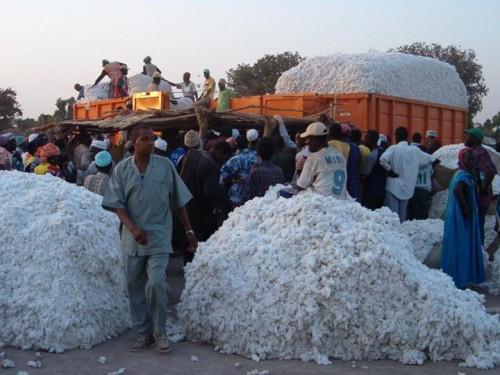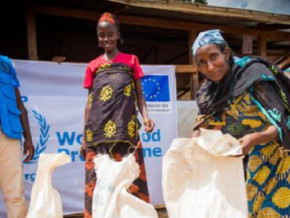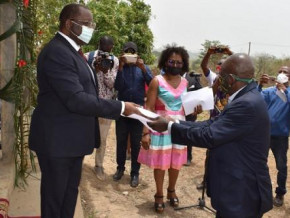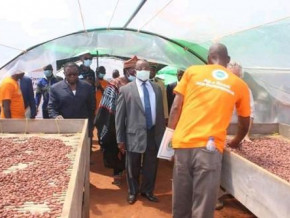
Cameroon: international context causes worry in cotton sector

(Business in Cameroon) - Market news has not been good for African cotton companies, alongside Sodecton, the gem of Cameroon’s cotton industry. Indeed, in addition to global prices which “have declined by 30% since August 2013”, analyses Commodafrica, China, which currently controls 60% of the world cotton market, cumulating stock estimated at 11 million tonnes.
This, notes the president of the French Cotton Association or Association française du coton (Afcot) is less than half of what it was in 2014 and a third of what it was in 2012. Combined with lower global prices, this decline in China’s imports will be “a tough equation for African cotton companies to solve.”
From this point of view, Sodecton, for which China is a main export destination, and whose production in 2014 is projected to reach 240,000 tonnes - twice the volume of African cotton imports to China expected for 2015 (120,000 tonnes out of 894,000 tonnes), could sustain lower sales next year unless it is forced to accept a discounted per kilogramme price.
This situation could also intensify the smuggling of Cameroon production to Nigeria; a practice that is already hurting the company and is perpetrated by local producers who actually receive seasonal credits from Sodecton. These various losses would leave the agro-industrial company vulnerable, making it difficult for it to honour its commitments to the local banks who usually finance cotton seasons.
Although no information on these difficulties has been attributed to Sodecton, Commodafrica has already announced that the current global market for cotton will be harder for West-African countries “where cotton production is expected to rise by 16% to 1.8 million tonnes based on forecasts made by the United States Department of Agriculture (USDA). For example, for Burkina Faso, where production is estimated at 700,000 tonnes in 2014/15, the deficit would be 12 billion FCFA. Smoothing funds will only cover around 5 billion FCFA and, in other countries, that kind of mechanism does not exist.”
BRM
Mags frontpage
- Most read 7 days
- shared 1 month
- read 1 month































